The late 20th century helped to produce some of the most thrilling Formula 1 championships of all time, with few not going down to the wire.
It was an era that helped to forge some of the great names to grace tarmac, including Ayrton Senna, Alain Prost and Michael Schumacher.
The sport grew exponentially and became a bigger worldwide affair than ever, with teams and drivers from all over the world.
At the same time, safety improvements after Senna’s death and other incidents helped to protect spectators, drivers and team members further and allow them to tell the tales today.
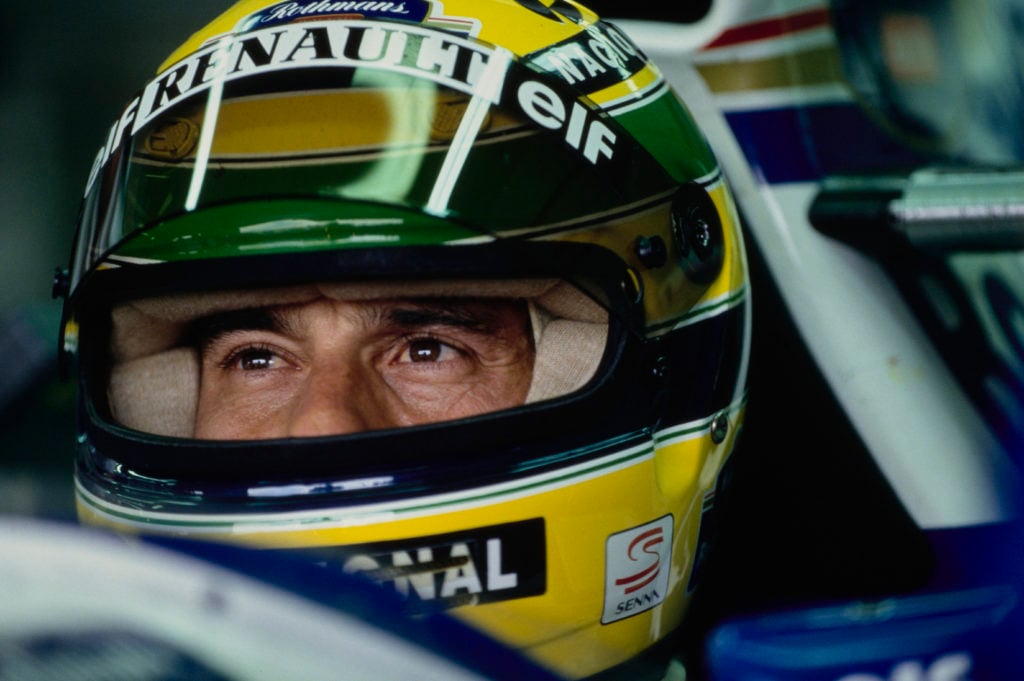
Bernie Ecclestone thinks Gerhard Berger would’ve won F1 titles without Ayrton Senna or Alain Prost
A man who reached double-figure wins in the sport without taking a title – one of just eight drivers to have managed that in history – was part of the great 20th-century spectacle.
Gerhard Berger was teammates with two of the greatest drivers of that era – Senna and Nigel Mansell – between 1989 and 1992.
Berger called Senna the greatest driver of all time but did admit that Max Verstappen is starting to catch up to him this year.
READ MORE: Gerhard Berger is simply in awe of Formula 1 driver who ‘never makes mistakes’
He also drove for what are arguably the two greatest teams of all time in McLaren and Ferrari, but the best result he ever managed was third in the drivers’ championship.
Talking to Tom Hartley, former F1 boss Bernie Ecclestone claimed that Berger would’ve won championships had he not raced against such amazing talents in that era.
“It’s a pity also for Gerhard as well,” he said. “You know, if it hadn’t have been for those others [Senna, Prost, Mansell], he would’ve been world champion a couple of times.”
Where else did Berger shine?
To pair with his 10 wins, Berger also took 12 pole positions, but staggeringly he retired from 95 of his 210 races.
At 45.24%, it means that he retired from nearly half of his events – unthinkable with today’s level of reliability and durability.
His 48 podiums are good enough for 18th among all drivers – the fourth-highest of any non-champion on the list.
After his career ended, he also went on to help manage the early career of Sebastian Vettel – a four-time champion before his Red Bull days.
Who knows? If he hadn’t had to face such great drivers then he may have won more, but competition is exactly what makes Formula 1 so great, and is what separates greats from legends.



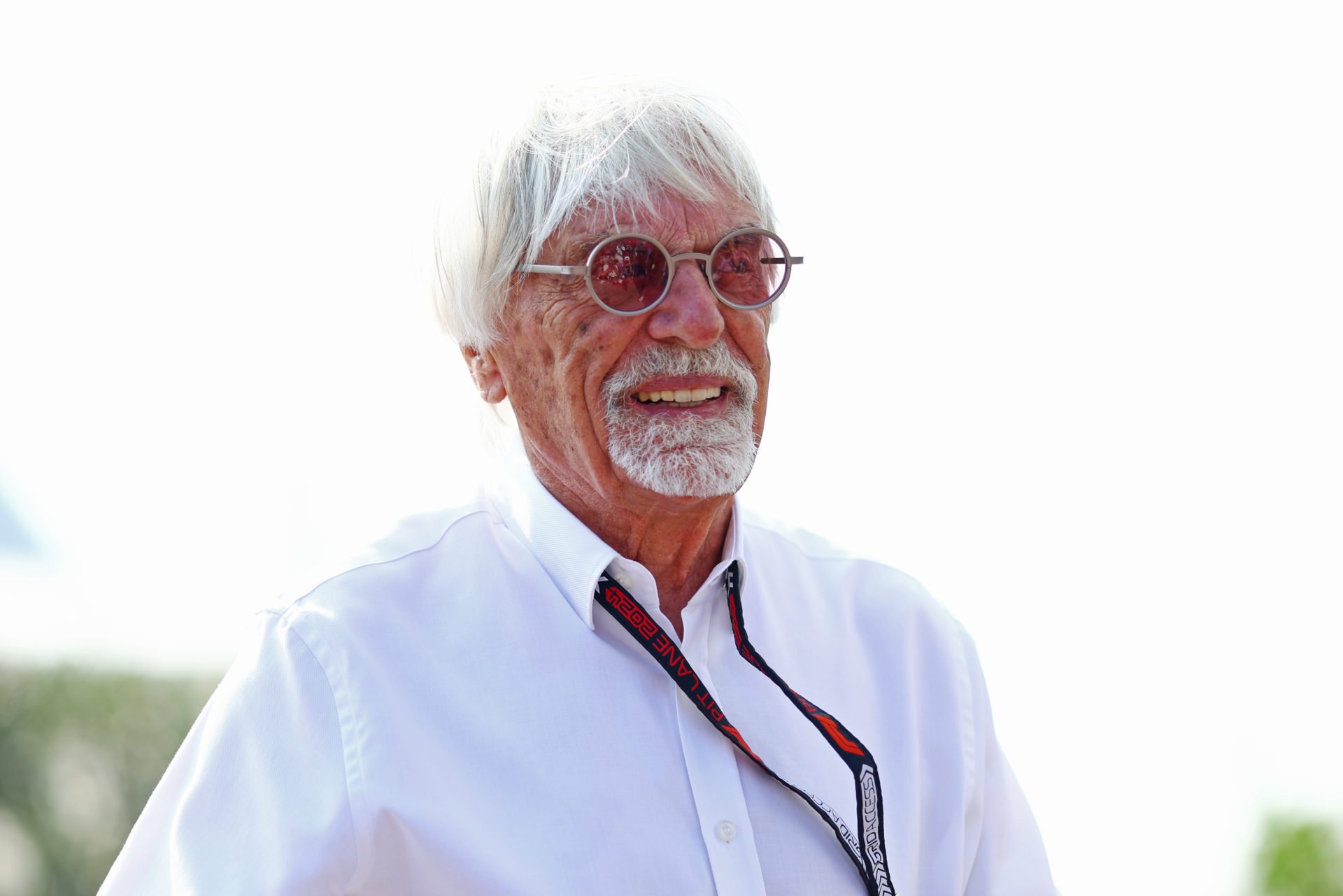
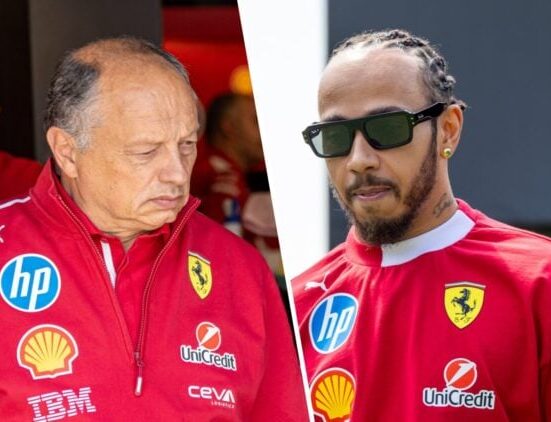
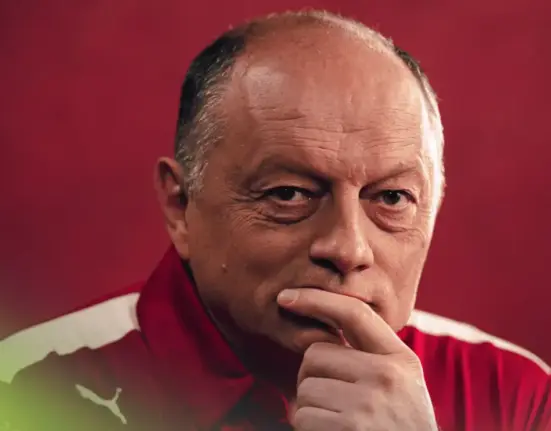

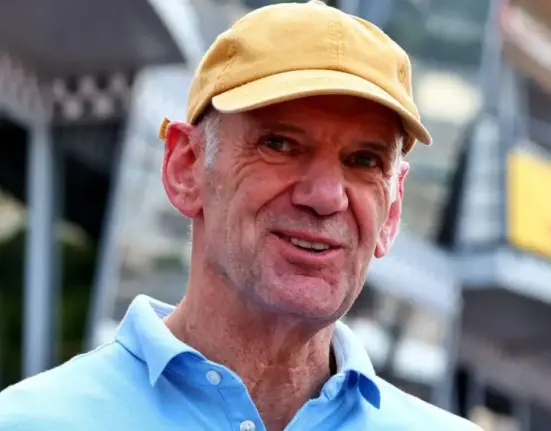
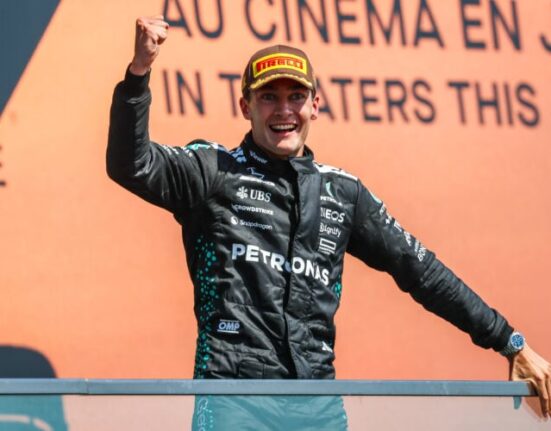

Leave feedback about this